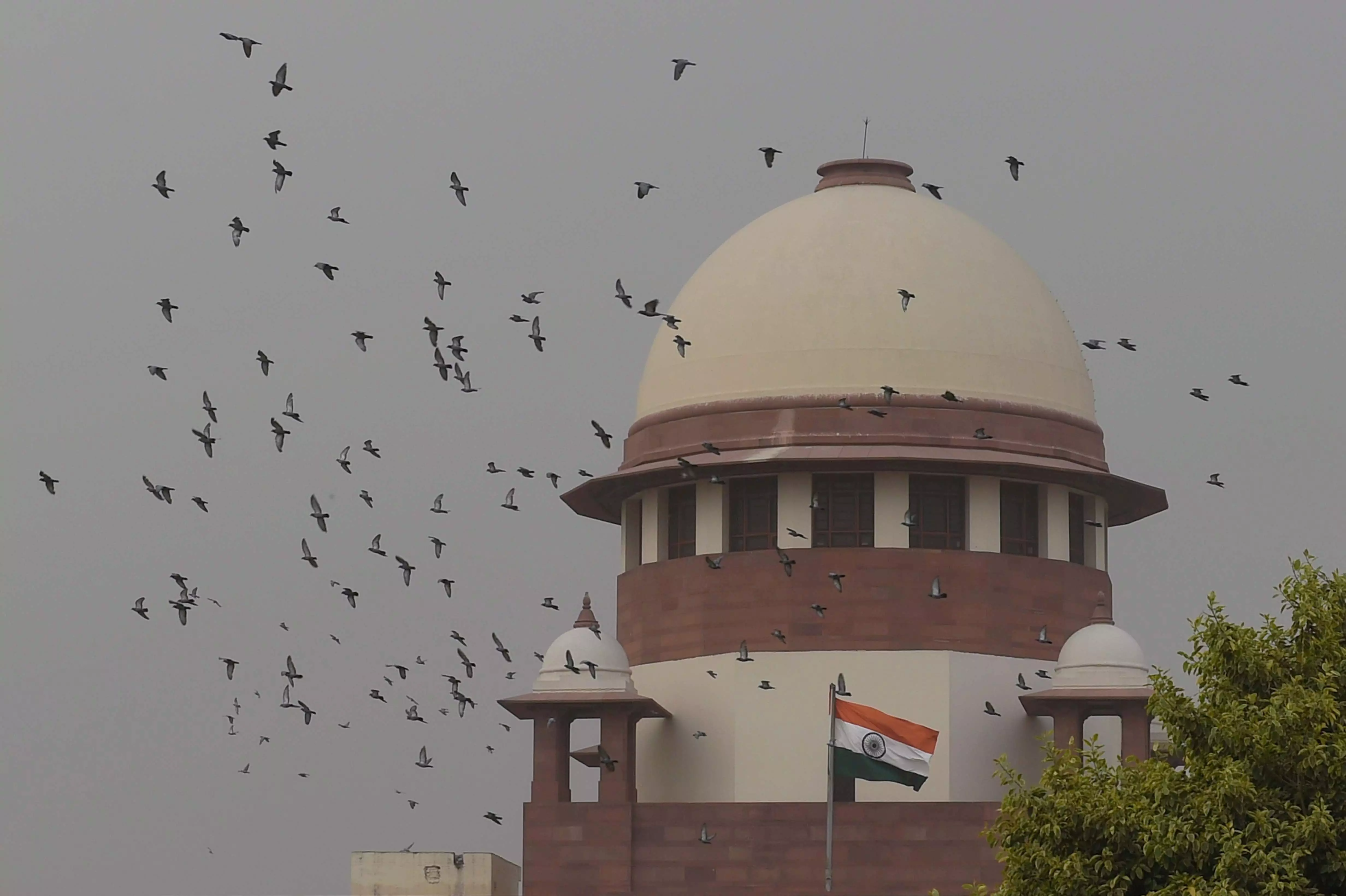Supreme Court gives states 4 weeks to provide data on open prisons

New Delhi: The Supreme Court has issued a directive to several states and Union Territories (UTs) to provide comprehensive information regarding the functioning of open prisons within four weeks. This move is part of the court’s ongoing efforts to address jail congestion and improve prisoner rehabilitation.
Open or semi-open prisons, a progressive concept in correctional facilities, allow convicts to work outside during the day and return in the evening. This system aims to facilitate the reintegration of prisoners into society and alleviate the psychological stress associated with traditional incarceration.
Justice B R Gavai, speaking for the bench which included Justice K V Viswanathan, expressed concern over the lack of responses from several states and UTs. “We, therefore, direct that all the States/Union Territories, which have not yet filed their response, to file complete response within a period of four weeks from today,” the bench stated in its August 20 order.
The court’s directive follows a report by senior advocate K Parameshwar, serving as amicus curiae, who highlighted that many states and UTs had failed to submit the required information. Notably, Delhi, Himachal Pradesh, Madhya Pradesh, and Punjab were among those who had not provided the qualitative and quantitative data requested in a circulated questionnaire.
The Supreme Court emphasised the seriousness of the matter, warning of potential consequences for non-compliance. “We further clarify that if any of the state governments or Union Territories do not respond in terms of the orders passed by this court, we will be compelled to direct the presence of the chief secretary of the states/Union Territories concerned before this court,” the bench cautioned.
This latest order builds upon previous directives, including one from July 15, where chief secretaries were instructed to submit their responses on open jails. The amicus curiae informed the court that several states and UTs, including Gujarat, Haryana, Jammu and Kashmir, Maharashtra, and others, had yet to file their responses.
The court’s interest in open prisons stems from its potential as a solution to overcrowding in jails and as a means of prisoner rehabilitation. During a hearing on May 9, the bench observed: “Establishing open jails can be one of the solutions to overcrowding and also addressing the issue of rehabilitation of prisoners.”
Legal expert and former judge, Retired Justice Madan B. Lokur, commented on the significance of this directive: “Open prisons are a crucial step towards humane correctional practices. The Supreme Court’s insistence on comprehensive information is vital for assessing the current state and potential expansion of such facilities across India.”
The court also noted the existence of a model draft manual prepared by the Union of India, which uses the term ‘open correctional institutions’ for these facilities. This terminology shift reflects a growing emphasis on rehabilitation over punishment in the Indian correctional system.



